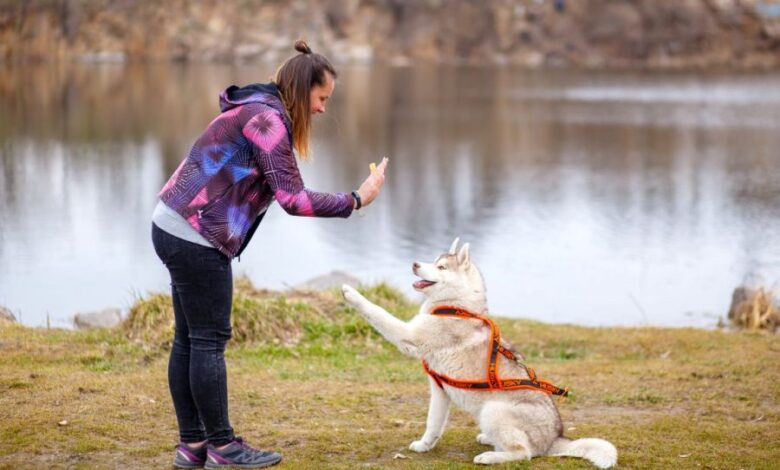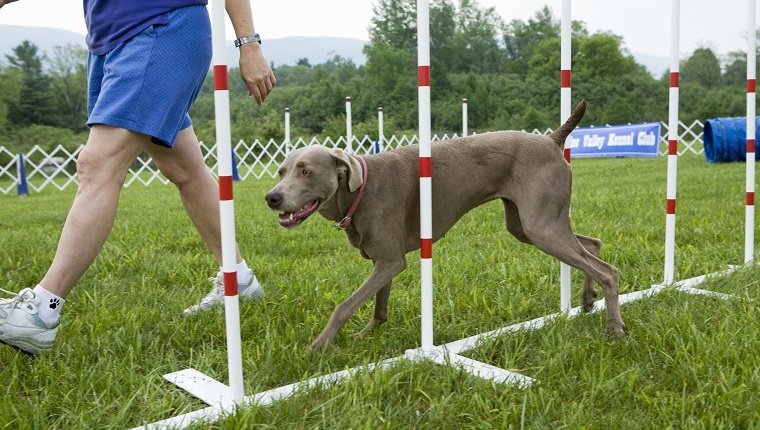Exploring the Modern Techniques of Canine Training

The landscape of canine training has evolved significantly over the years, with modern methodologies emphasising positive reinforcement, behavioural science, and a deeper understanding of canine psychology. At the forefront of this evolution, ADK9 Scotland has been instrumental in adopting and promoting these contemporary approaches, ensuring that dog training is not only effective but also fosters a strong bond between owners and their furry companions. This exploration into modern canine training techniques will shed light on how these methods have transformed the training process, making it more humane, efficient, and enjoyable for dogs and their owners alike.
The Science Behind Modern Training
The foundation of modern canine training lies in a robust understanding of animal behaviour and the science of learning. Traditional methods often relied on dominance theory and correction-based techniques, which have since been debunked by ongoing research. Today, evidence-based training champions the use of positive reinforcement, where desirable behaviours are rewarded, thereby increasing the likelihood of these behaviours being repeated. This shift not only promotes a positive learning environment but also enhances the dog’s emotional well-being.
Behavioural science plays a crucial role in contemporary training strategies. Understanding the motivations behind a dog’s actions allows trainers to address undesired behaviours through redirection and positive reinforcement rather than punishment. This approach respects the dog’s natural instincts and intelligence, paving the way for a training regimen that is both effective and respectful.
Tailoring Training to Individual Needs
One size does not fit all when it comes to canine training. Modern methodologies emphasize the importance of tailoring training programs to suit the individual personality, breed, and behavioural needs of each dog. Recognizing the unique characteristics of each canine allows trainers to develop bespoke training plans that can address specific challenges and goals. This personalized approach ensures that training is not only more effective but also enriches the dog’s learning experience.
Interactive and engaging training sessions are pivotal in modern techniques. Incorporating games, puzzles, and interactive toys into the training process stimulates the dog’s mind, making learning both fun and rewarding. This not only enhances the dog’s cognitive abilities but also strengthens the bond between the dog and its owner, establishing a foundation of trust and mutual respect that is essential for successful training.
Embracing Technology in Training
The integration of technology into canine training has opened up new avenues for enhancing the learning process. From online training programs and apps that provide customized training advice to the use of interactive toys and gadgets that monitor a dog’s activity levels, technology is revolutionizing the way we train our canine friends. These tools not only make training more accessible but also allow for a more flexible and interactive training experience.

Virtual training sessions have become increasingly popular, offering dog owners the convenience of accessing professional guidance from the comfort of their own homes. This has been particularly beneficial for those living in remote areas or with busy schedules, ensuring that expert advice is just a click away. Technology has also enabled a more collaborative approach to training, where trainers can work closely with owners to monitor progress and adjust training strategies in real time.
Enhancing Communication and Bonding
At the heart of modern canine training is the emphasis on communication and bonding. Understanding the nuances of canine communication helps trainers and owners alike to interpret their dog’s needs, emotions, and responses accurately. This deepens the bond between the dog and its owner, creating a shared language that enhances training effectiveness and fosters a harmonious relationship.
Modern training techniques advocate for patience, consistency, and empathy, recognising that every interaction with a dog is an opportunity to strengthen the bond and reinforce trust. By approaching training with a positive and respectful attitude, owners can cultivate a relationship with their dogs that is based on mutual understanding and respect, leading to a well-behaved, happy, and emotionally secure canine companion.
The evolution of canine training reflects a broader shift towards a more enlightened and compassionate approach to animal welfare and behavior. By embracing modern techniques, dog owners and trainers can ensure that the training process is not only effective but also enriches the lives of the dogs they love.